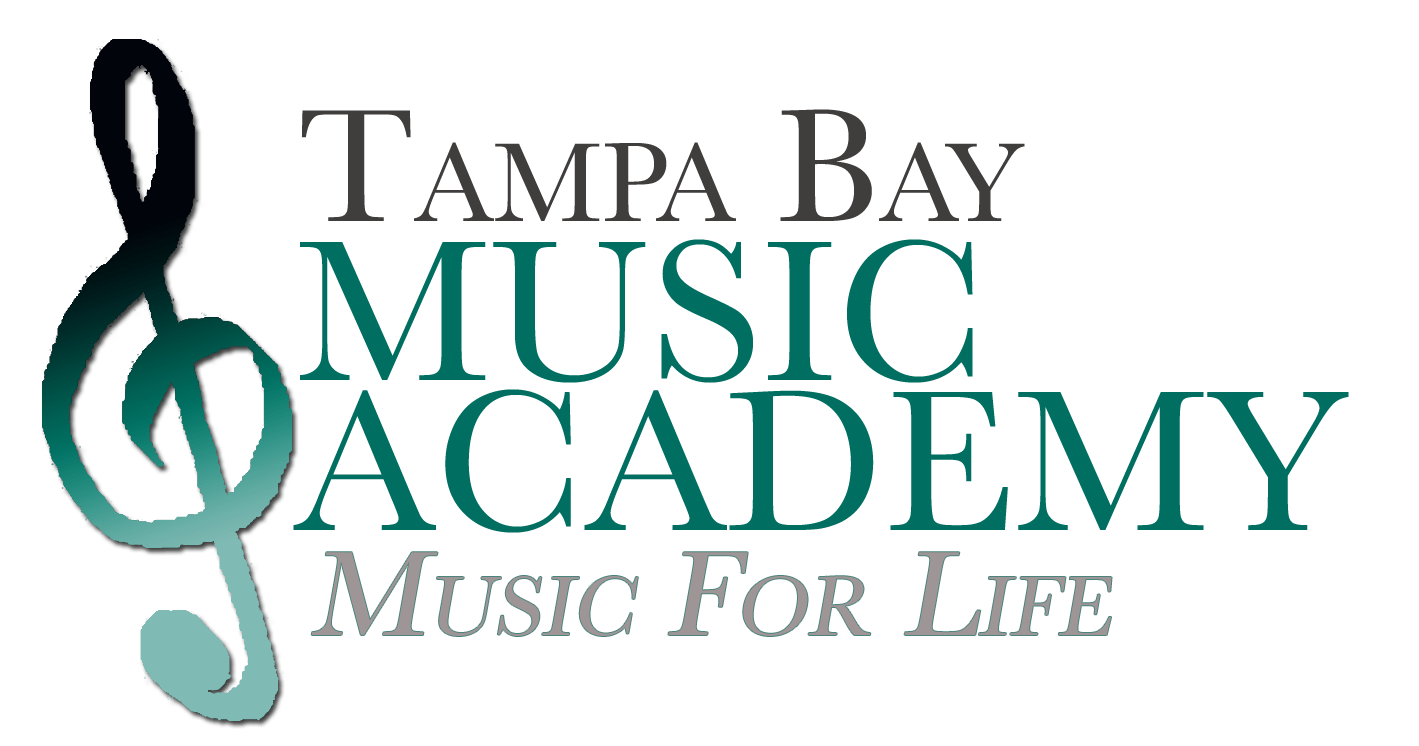
From the student’s perspective, the specter of stage fright looms bigger than any potential benefits—so big, in fact that some may want to forego the recital altogether. In this post, let’s take a look at three important reasons you should go ahead and face your fears:
Musical Inspiration
Most musicians can point to a person or several people in their lives who inspired them to press on in their musical studies. Recitals give students the chance both to inspire others and to be inspired themselves.
- Younger or less experienced students receive inspiration from older or more advanced students. If you’re just starting out, it can seem like plunking your way through Twinkle, Twinkle Little Star just isn’t worth it. Hearing others in a recital setting helps you remember what you can achieve if you persevere.
- Older or more advanced students seeking to inspire beginners. If you’re a more advanced student, a recital gives you a chance to speak some musical encouragement into the lives of those coming along behind you.
Dealing with Stage Fright
Let’s just say it right up front: everyone gets stage fright. If you never experience situations in which you must learn to play well despite the elephants cavorting in your stomach, then you’ll never have the chance to share your music with others. Recitals are a great place to confront your fears because:
- Everyone else is nervous too. You aren’t the only player on the docket, so you’ll have the camaraderie of fellow students to help put your fears in perspective.
- Safe, positive experiences help you build confidence. By “safe,” I mean that no one is depending on your perfection (like a choir or soloist) and no one is there to judge. It’s not a competition, so a mistake isn’t the end of the world.
- Receive support from people who want you to succeed. At a recital, everyone in the audience is there to support you. You’ll be playing for your parents and friends as well as the parents and friends of other students. They’re all ready to applaud, no matter what happens.
Benchmarks
Recitals serve as benchmarks for progress. By looking back at the music you’ve played at previous recitals, you can gauge how much progress you’ve made over the course of your musical experience. It’s like making a hash mark on the wall each year to see how much a child has grown. When you look at yourself (or hear yourself) every day, it’s hard to see the incremental changes, but the hash marks (recitals) put things in perspective.
If you or your child has a recital coming up, take some time to consider the positive benefits of participating. By learning to perform in a safe, supportive environment, you’ll be ready when the time comes to play for a judge in a competition or an audience at another venue.
This is a TBMA original article written for our Tampa Bay Music Academy readership by Susan McClure. If you find it to be helpful, we would love for you to re-post it on your blog. Please contact us first for permission. Visit our website home for information on finding a music teacher in Tampa, Odessa, Land O’ Lakes, Citrus Park, Westchase, New Port Richey, Lutz, Trinity, Keystone, or Tarpon Springs Florida who offers private piano lessons, guitar lessons, saxophone lessons, voice lessons, or music lessons in any other instrument proficiency category. TBMA teachers (piano, guitar, voice, woodwinds, brass, strings, percussion) pride themselves in a reputation for an uncompromising commitment to excellence and special care taken for every student. We remain absolutely committed to providing an outstanding enrollment experience beyond any other in the region. Call us today. We look forward to hearing from you!
